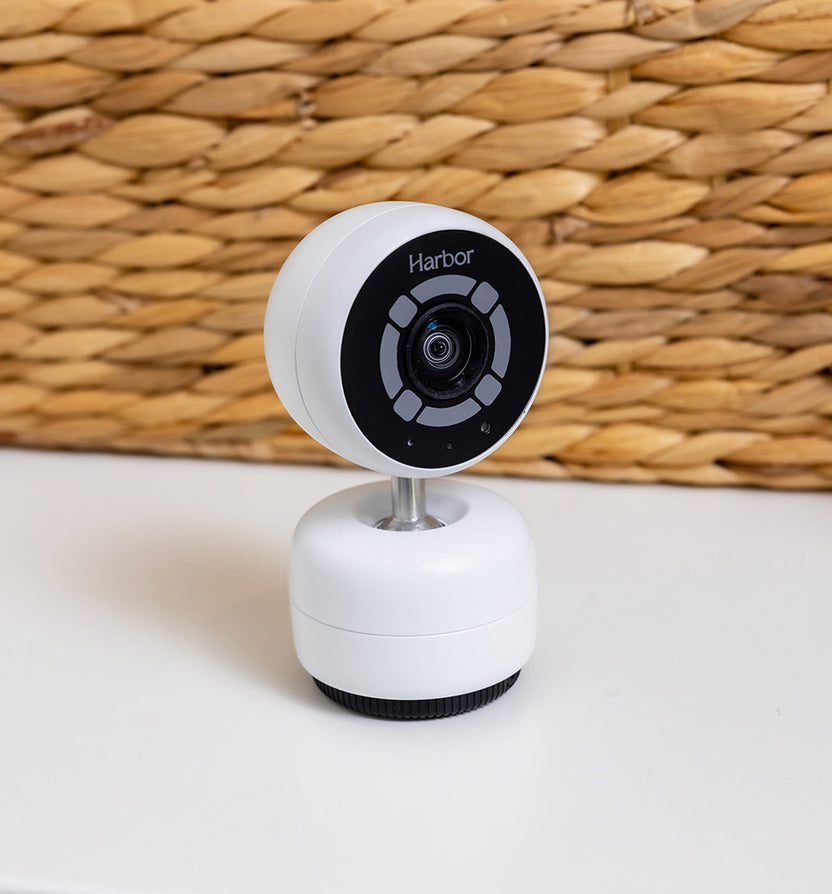
Whether nursing or bottle feeding, when babies drink they can swallow air. Gas and trapped air can contribute to digestive discomfort in babies, which can affect their sleep. Proper burping techniques can ensure that your little one remains comfortable and can get the restful sleep they need to thrive.
Read on to understand why burping is important, how and when to do it, and the link between burping and sleep.
Why do babies need to be burped?
Babies have delicate digestive systems that are still developing during their first few months. Whether they breastfeed or take a bottle, infants tend to swallow air along with their food. This air gets trapped in their stomach and can lead to discomfort, bloating, and fussiness. If the gas isn’t released via burping, it can disrupt their sleep and contribute to nighttime wakings.
When should you burp your baby?
You should always burp during and after feedings, as that’s when babies are most likely to swallow air, but it can also help if your little one appears gassy.
During feeding
If you’re breastfeeding, try burping your baby when you switch breasts or every five minutes. If you bottle feed your little one, burp between each ounce for newborns and every 2–3 ounces for babies two months or older.
After feeding
Regardless of your feeding method, burping your baby after they’ve finished eating will help to release any trapped air.
When they’re gassy
If baby is gassy, uncomfortable, or inexplicably fussy, burping may provide relief.
3 ways to properly burp a baby

The shoulder method
Place baby over your shoulder with their chin resting on your shoulder blade. Support their bottom with one hand and gently pat or rub their back with the other. Be sure to drape a burp cloth over your shoulder, as they’re likely to spit up milk when they burp!
Sitting on your lap
Position baby in a seated position on your lap, supporting their chest and chin with one hand while patting their back gently with your other hand.
Face down on your lap
Place baby on their belly on your lap with their head turned to the site. Use one hand to support their neck and chest while the other pats or rubs their back.
No matter which method you choose, remember to be patient and gentle with them. It may take a few minutes for them to release the trapped air.
What’s the connection between burping and sleep quality?
Proper burping can reduce discomfort by preventing gas from building up in baby’s stomach, reducing the likelihood of gas-related nighttime wakings. Burping also contributes to smooth digestion and reduced irritability, which can support a calmer bedtime routine.
How Harbor can help
There’s a lot that goes into ensuring that your baby gets the sleep they need, and a lot that can stand in the way of quality sleep. Harbor’s team of infant care experts is here to assist you at every step of the way, with pediatric nurses and lactation consultants available to answer your questions and offer guidance. With a little extra support, both you and baby can experience restful sleep.




